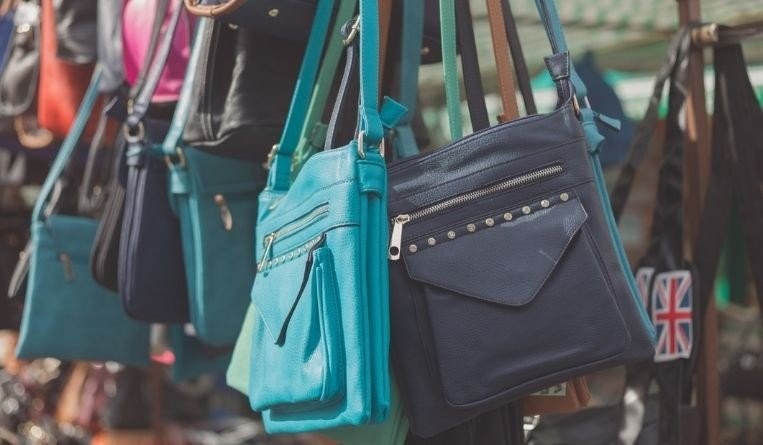Another nine buyers spent between NT$800 (US$28) and NT$30,000 (US$1,050) on what they thought were brand new goods. But some received second-hand goods while others failed to receive items after payment.
Ting claimed during the first trial that she was unsure about the transactions as she had lent her accounts to a friend named Natasha. But the judge criticized her for poor judgment and sentenced her to prison for three years and six months.
Before the Intellectual Property Court in a second trial, Ting admitted it was her fault and sought to reach a settlement with the victims. She also issued a public apology in hopes of reducing her sentence. In 2019, the court upheld her conviction but reduced her sentence to two years and six months.
“According to the Trademark Act of Taiwan, trademark infringement will be subject to civil and criminal liabilities. The statutory punishment of criminal liabilities for manufacturing of courterfeiting trademarked goods will be up to three years imprisonment while sale of courterfeiting trademarked goods will be up to one year imprisonment. Normally the judges of the courts will just cite the Trademark Act to impose punishment on defendants,” says Ruey-Sen Tsai, a partner at Lee and Li in Taipei. “The sale of fake high-end goods online in Taiwan is getting severe but not all of the sellers are often punished as hard as Ting. Ting’s case is seldom as the judges also cited the Criminal Code concerning the offense of fraudulence to impose punishment, which stipulates the punishment of up to seven years imprisonment. As Ting had been selling counterfeit famous trademarked goods online several times and had been punished before for previous cases, the judges decided this time to cite the Criminal Code concerning the offense of fraudulence to impose severe punishment in order to effectively deter any future counterfeiting. The Hsinchu District Court sentenced Ting for three years and six months on April 12, 2018. After her appeal, the Intellectual Property Court imposed punishment of two years and six months in jail instead on October 1, 2019 as Ting had reached settlements with some of the trademark owners and customers who bought her goods. On October 16, 2020, the Supreme Court rejected Ting’s appeal against the criminal judgment of the IP Court.”
Since Ting was punished just in 2017, the judges did not give her any chance of probation, Tsai says. “Accordingly, she will have to serve her time in jail this time.”
Johnny Chan








